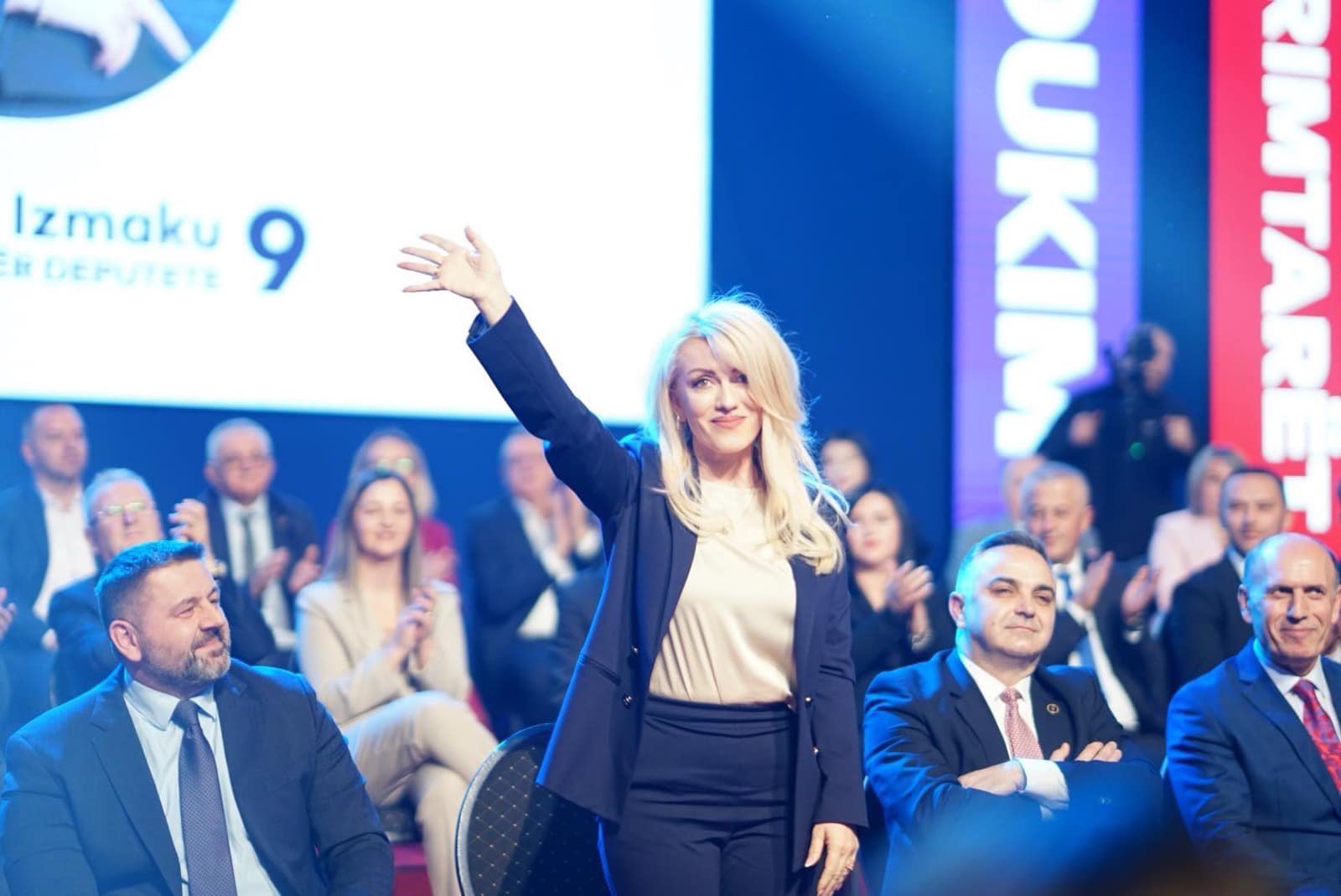 STRASBOURG (19 April 2016) – Today before the Parliamentary Assembly of the Council of Europe, UN expert Alfred de Zayas explained why the investor-State dispute settlement (ISDS) mechanisms contained in trade agreements are incompatible with democracy, the rule of law and human rights., report Press UN, trasnmete the National Information Agency “Presheva Jonë” in Geneva
STRASBOURG (19 April 2016) – Today before the Parliamentary Assembly of the Council of Europe, UN expert Alfred de Zayas explained why the investor-State dispute settlement (ISDS) mechanisms contained in trade agreements are incompatible with democracy, the rule of law and human rights., report Press UN, trasnmete the National Information Agency “Presheva Jonë” in Geneva“Existing ISDS should be phased out and no new investment treaty should contain any provision for privatized or semi-privatized dispute settlement. It is wholly unnecessary in countries that are party to the International Covenant on Civil and Political Rights, which commits States to due process and the rule of law,” said Mr. de Zayas.*
The expert’s comments were submitted to the Parliamentary Assembly Committee on Legal Affairs and Human Rights as part of a hearing on the “Human rights compatibility of investor–State arbitration in international investment protection agreements”, an initiative led by Parliamentary Assembly member Pieter Omzigt.
The hearing is timely as the Trans-Atlantic Trade and Investment Agreement (TTIP) is being negotiated between the United States of America and the 28 EU countries, proposing an “Investment Court System”.
“Investor-State dispute settlement is unfortunately not dead, and the proposed TTIP Investment Court System is but an extension of ISDS, which suffers from many of the same fundamental flaws,” Mr. de Zayas said.
“Two ontologies seem to have been lost in the ideologically-driven corporate narrative,” Mr. de Zayas stressed. “Firstly, the ontology of the State, its raison d’être to legislate in the public interest, including preventative measures to avert potential harm to the population. Secondly, the ontology of business, which is to take calculated risks for profit.”
He emphasized that ISDS had created a “regulatory chill” forcing back social legislation and preventing environmental protection measures out of fear of being sued for billions of dollars before ISDS tribunals. He outlined cases in Canada, Germany, the United States and Colombia.
The Independent Expert challenged claims that investors need protection. “It is States, particularly developing States, and their populations that need protection from predatory investors, speculators and transnational corporations, who do not hesitate to engage in frivolous and vexatious litigation, which are extremely expensive and have resulted in awards in the billions of dollars and millions in legal costs,” he said.
He called for the inclusive participation of civil society in consultation for trade agreements on this issue, and for referenda to ensure the accountability of Governments to protect from predator corporations that maximize their profits at the expense of the public interest.
“The time has come to abolish ISDS and ICS and to ensure that henceforth, trade works for human rights and not against them. The ideological apriorisms of market fundamentalists must give way to common sense and a commitment to respect and fulfill existing human rights treaty obligations, achieve the sustainable development goals and address the urgent challenges of climate change,” Mr. de Zayas said.
The evidence provided by experts at the Parliamentary Hearing today will contribute to a report to be published in 2017.
ENDS
Mr. Alfred de Zayas (United States of America) was appointed as the first Independent Expert on the promotion of a democratic and equitable international order by the Human Rights Council, effective May 2012. He is currently professor of international law at the Geneva School of Diplomacy.

















